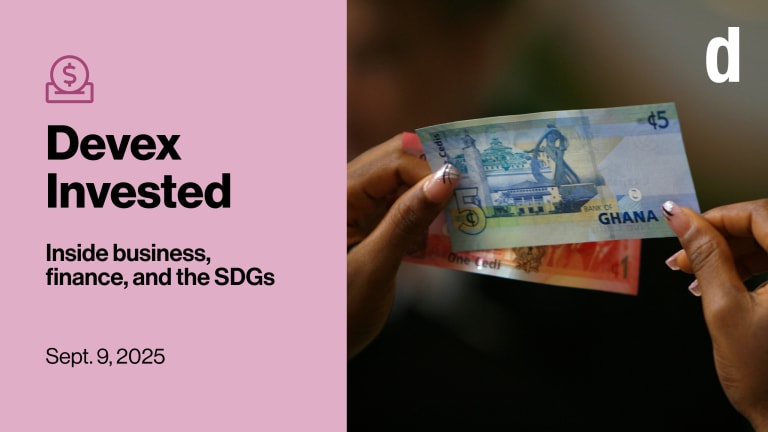Africa, the world’s poorest region, is losing over $50 billion a year in illegal transactions — an amount that could have been used to address the region’s glaring development needs.
This is according to a report on the region’s illicit financial flows — or money illegally earned, transferred or utilized — published early this week by a joint panel commissioned by the U.N. Economic Commission for Africa and the African Union. Putting a huge dent on African economy and development progress, IFFs are caused mainly by commercial tax evasion, trade misinvoicing, abusive transfer pricing and criminal activities including drug trade, human trafficking and illegal arms dealing as well as corruption and bribery.
The $50 billion lost in illegal transactions presents a classic case of money going from gold to dust: The figure could finance half of Africa’s $93 billion annual infrastructure needs for the next 10 years or send millions of kids to school for the rest of their lives. It could even fund the fight against Ebola, according to the United Nations, over 50 times.
This story is forDevex Promembers
Unlock this story now with a 15-day free trial of Devex Pro.
With a Devex Pro subscription you'll get access to deeper analysis and exclusive insights from our reporters and analysts.
Start my free trialRequest a group subscription







